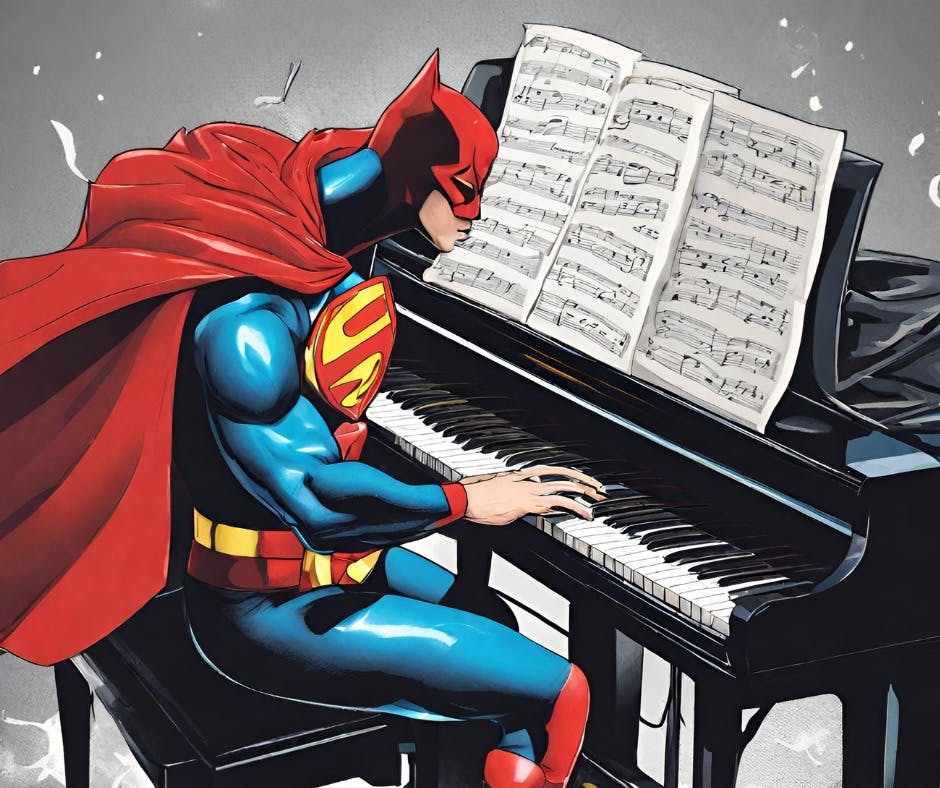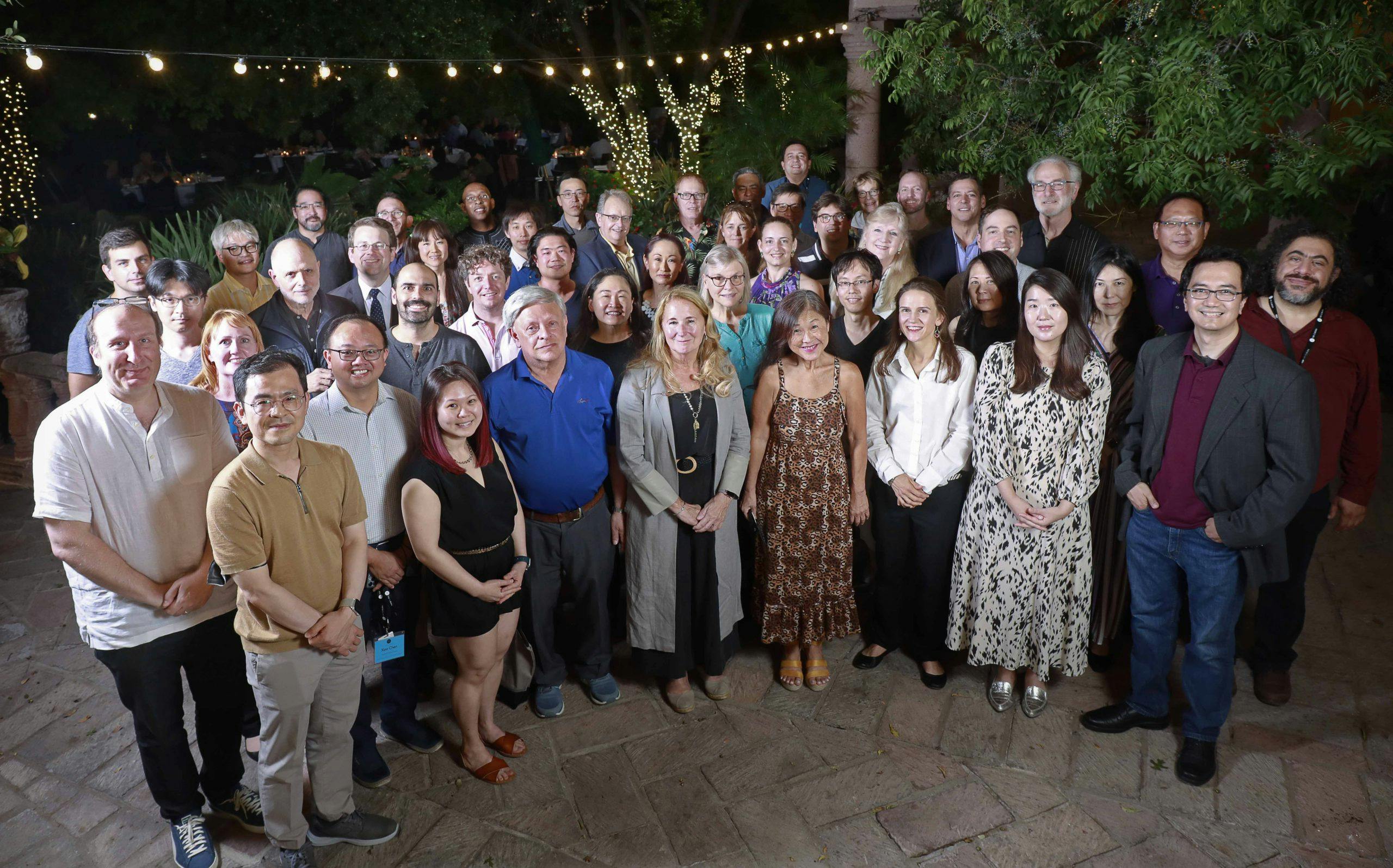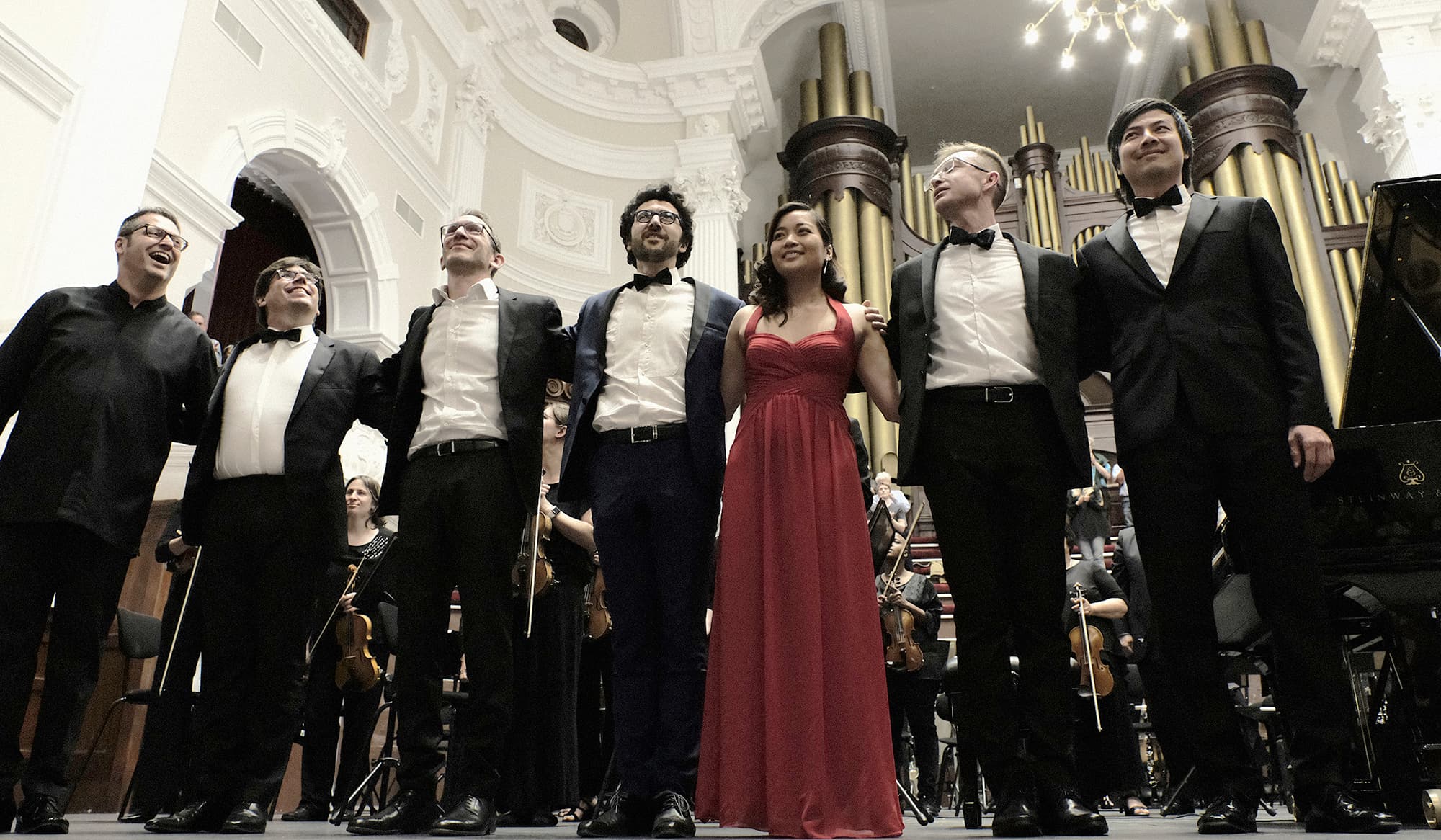Imagine you’re a superhero, not the type who flies through the skies in a chic cape defeating villains, but a hero of time management and boundless love for music. So boundless, that after a long day at work and fulfilling family commitments, you don’t collapse on the couch but sit down at the piano to practice. Practice, not play! Sounds crazy? Welcome to the world of amateur pianists.
When trying to find a common biographical thread in this diverse field, they can usually be described as follows: Once upon a time, there was a person who played the piano, learned a profession to make a living, then remembered their love for making music. What follows is the ever-same sequence of initially rational considerations to integrate a bit of piano playing into everyday life, leading to the stage of passionately throwing oneself into it, consequences and all. Thus, from the harmless idea of “I could play again,” a serious passion emerges, turning life into a balancing act between the conference room and the concert grand. You don’t need to imagine such a superhero in a cape, but perhaps in an elegant suit or a beautiful evening dress, because those who have gone through this development end up wearing these at least occasionally. That is when amateurs make their double lives visible and step onto the stage at international competitions, festivals, or concerts.
There they meet others from all over the world who face the same daily challenges— but still find enough time to practice. Driven by the same interests and love for music, united on a few occasions throughout the year. A celebration. And it is a celebration not just for the participants. What can amateur events achieve that isn’t accomplished by the professional concert circuit? From a standpoint of perfection—nothing. Those who belong to the few percent at the top of professional pianists, having honed their talent all their lives, offer a perfection that we all enjoy in recordings and concert halls.
But classical music is more than the program of a big concert hall; it’s a living part of our society, and its broad base has always been in the amateur sector. There it is actively lived, preserved in value, and passed on. In the age of Spotify and YouTube, no one needs to send their children to piano lessons in order to listen to some music at home. Music is available everywhere and anytime, in almost unreal perfection. Simultaneously, this lack of necessity for home music making risks the loss of lived musical engagement. Unlike a hundred years ago, today’s society is not only performance-driven, but also constantly compared due to information technologies. Such comparisons are often difficult for passionate music lovers to bear because their drive is the pursuit of beauty, and surely, many have asked themselves, “why play myself when it can be heard played much better?” I know of a musicologist who judged his skills at the piano as inadequate compared to the works of others and permanently closed his piano lid. A tragedy. What would Beethoven say if his life’s work, out of misplaced respect, gathered dust in university archives, played only by selected pianists? Beethoven, who dedicated many of his sonatas to his friends—amateurs. What would he say, if he knew that people hundreds of years later, despite Spotify, would sit down at the keyboard after work to learn and share his work with others?
If we stick with superheroe metaphor, then amateur pianists are heroes of music love. They challenge themselves daily and work hard to do justice to the works as much as possible. They play for themselves, for the composer, and then for others, who may want to follow in their footsteps. The next time you hear a very good amateur pianist, remember how great their love for music must be, that brought them here.


